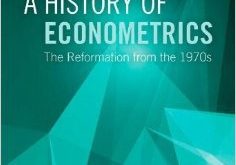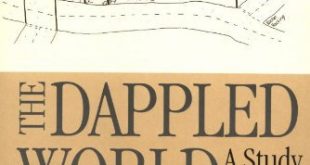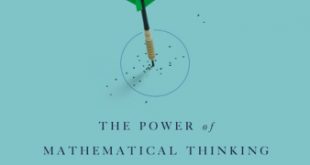Probability and rationality — trickier than you may think The Coin-tossing Problem My friend Ben says that on the first day he got the following sequence of Heads and Tails when tossing a coin: H H H H H H H H H H And on the second day he says that he got the following sequence: H T T H H T T H T H Which day-report makes you suspicious? Most people I ask this question says the first day-report looks suspicious. But actually both days are equally probable!...
Read More »Methodological terrorism and the replication crisis in science
Methodological terrorism and the replication crisis in science Psychology professor Susan Fiske doesn’t like when people use social media to publish negative comments on published research. She’s implicitly following what I’ve sometimes called the research incumbency rule: that, once an article is published in some approved venue, it should be taken as truth. I’ve written elsewhere on my problems with this attitude — in short, (a) many published papers are...
Read More »The fundamental flaw of econometrics
The fundamental flaw of econometrics It is often said that the error term in a regression equation represents the effect of the variables that were omitted from the equation. This is unsatisfactory … There is no easy way out of the difficulty. The conventional interpretation for error terms needs to be reconsidered. At a minimum, something like this would need to be said: The error term represents the combined effect of the omitted variables, assuming that...
Read More »Jensen’s inequality (wonkish)
[embedded content]
Read More »Teflon-coated economics
At least since the time of Keynes’s famous critique of Tinbergen’s econometric methods, those of us in the social science community who have been unpolite enough to dare questioning the preferred methods and models applied in quantitive research in general and economics more specifically, are as a rule met with disapproval. Although people seem to get very agitated and upset by the critique — just read the commentaries on this blog if you don’t believe me — defenders of...
Read More »Econometric forecasting — an assessment
Econometric forecasting — an assessment There have been over four decades of econometric research on business cycles … The formalization has undeniably improved the scientific strength of business cycle measures … But the significance of the formalization becomes more difficult to identify when it is assessed from the applied perspective, especially when the success rate in ex-ante forecasts of recessions is used as a key criterion. The fact that the onset...
Read More »Racial bias in police shooting
Racial bias in police shooting Roland Fryer, an economics professor at Harvard University, recently published a working paper at NBER on the topic of racial bias in police use of force and police shootings. The paper gained substantial media attention – a write-up of it became the top viewed article on the New York Times website. The most notable part of the study was its finding that there was no evidence of racial bias in police shootings, which Fryer...
Read More »What makes most econometric models invalid
What makes most econometric models invalid The assumption of additivity and linearity means that the outcome variable is, in reality, linearly related to any predictors … and that if you have several predictors then their combined effect is best described by adding their effects together … This assumption is the most important because if it is not true then even if all other assumptions are met, your model is invalid because you have described it...
Read More »How do we attach probabilities to the real world?
How do we attach probabilities to the real world? Econometricians usually think that the data generating process (DGP) always can be modelled properly using a probability measure. The argument is standardly based on the assumption that the right sampling procedure ensures there will always be an appropriate probability measure. But – as always – one really has to argue the case, and present warranted evidence that real-world features are correctly described...
Read More »Is ‘Cauchy logic’ applicable to economics?
Is ‘Cauchy logic’ applicable to economics? What is 0.999 …, really? It appears to refer to a kind of sum: .9 + + 0.09 + 0.009 + 0.0009 + … But what does that mean? That pesky ellipsis is the real problem. There can be no controversy about what it means to add up two, or three, or a hundred numbers. But infinitely many? That’s a different story. In the real world, you can never have infinitely many heaps. What’s the numerical value of an infinite sum? It...
Read More » Heterodox
Heterodox









